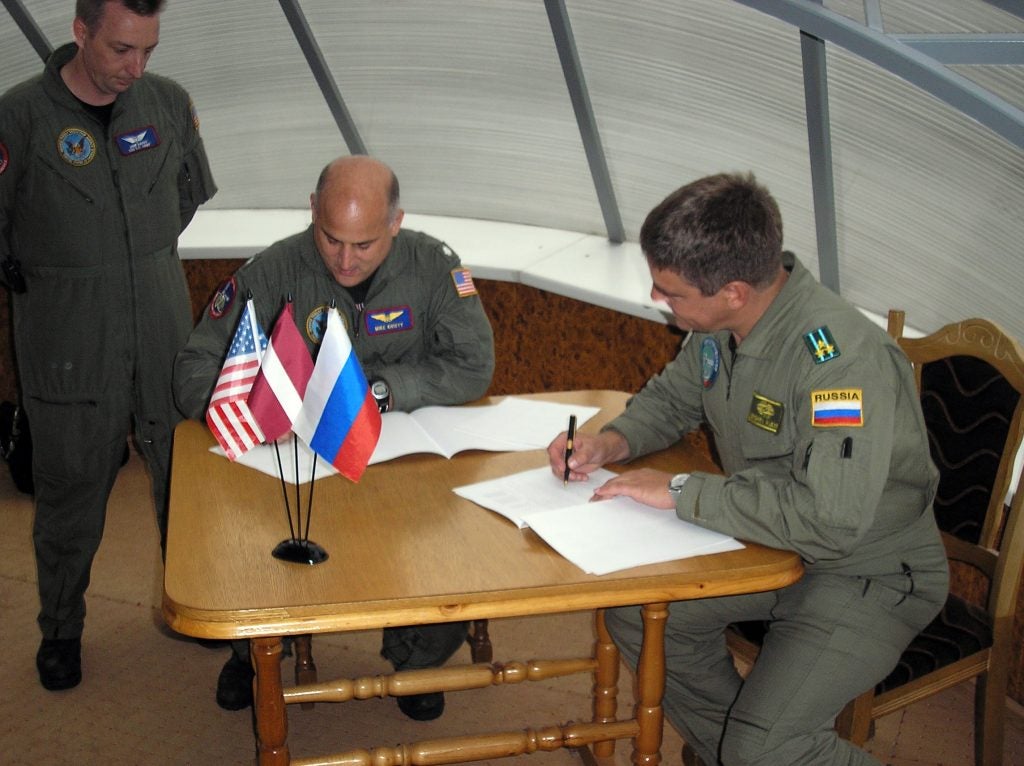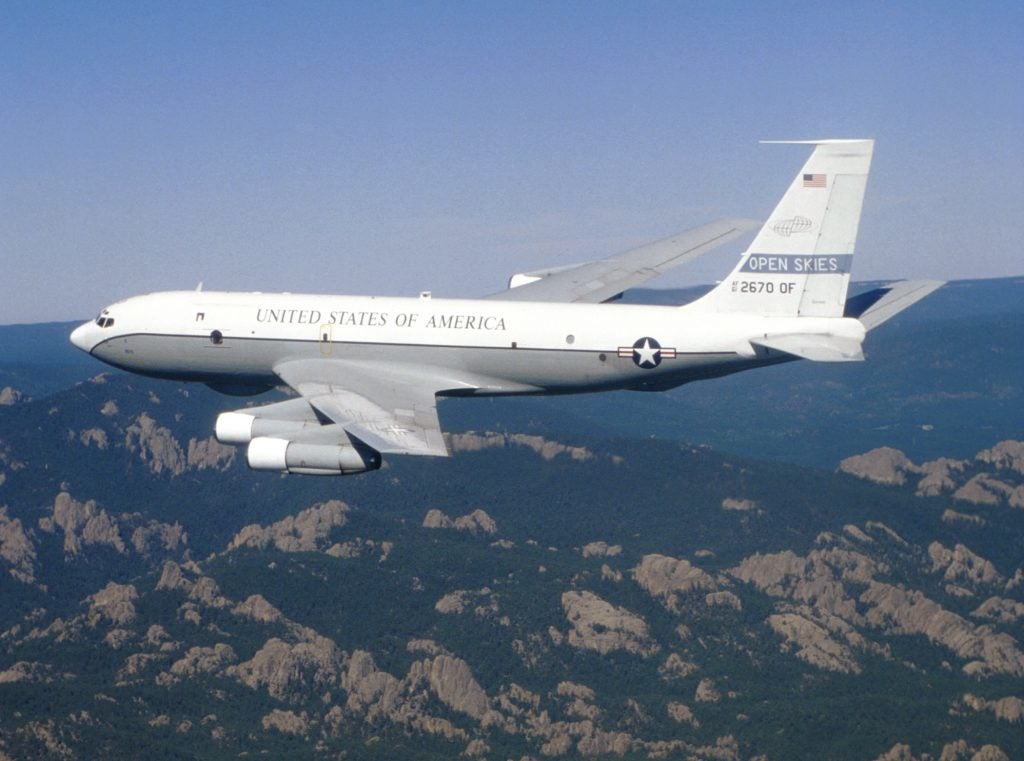US to Withdraw From Open Skies Treaty
The US government announced its withdrawal from the Open Skies Treaty (OST) on 21 May. Washington justifies the decision with Russia’s repeated violations, and the US is set to leave the treaty within 6 months, but it may reconsider its withdrawal should Russia return to full compliance with the treaty.
The OST is a tool for de-escalation through mutual observation and understanding. President George H.W. Bush suggested the idea in 1989 and an agreement was finally made in 2002. Currently, 34 states are party to the treaty.
Its signatories are permitted (with certain limitations) to fly surveillance aircraft in each other’s airspace. The sensors on these planes do not provide an advantage over modern satellites in terms of photo-reconnaissance, however, the simple fact that a nation can officially fly a military aircraft with the express purpose of examining the observed country’s military facilities is a significant step in demonstrating that the signatory countries are willing to remain transparent about their military, and are willing to cooperate in preventing any potential conflict.

While the information obtained by these flights does technically pose a security threat, it also assures the other parties in the treaty that the given country is dedicated to maintaining peace, even with a small cost to its own security.
This is where the US government’s issue with the Kremlin’s behaviour stems from. In their official statement, they claim Russia has, among numerous breaches of other arms restriction treaties, “unlawfully denied or restricted Open Skies observation flights whenever it desired”, and that it has also “weaponized the treaty” by using imagery obtained from OST flights to target key infrastructure in the US and Europe.
On the day of the announcement Russian Deputy Foreign Minister Alexander Grushko commented in an interview with the Russian News Agency TASS that “this is absolutely unfounded, we have repeatedly commented on that… It is not for the first time that the US is trying to present matters so as if Russia is violating something, to see this as a pretext for its withdrawal from the agreements on arms control.”
Whether the US will leave the OST in 6 months time, or whether it will reach an agreement with Russia remains to be seen. The only thing that is certain is that these developments show a decreasing willingness to cooperate and communicate between the two major powers and a continuing decline in relations.

